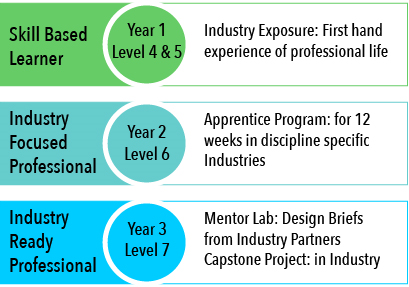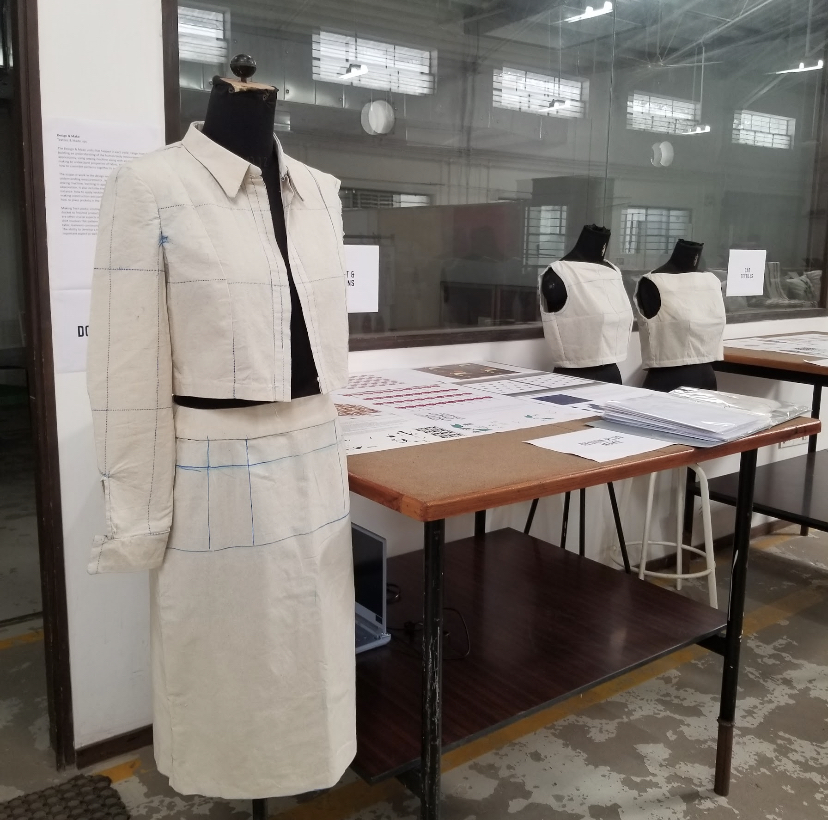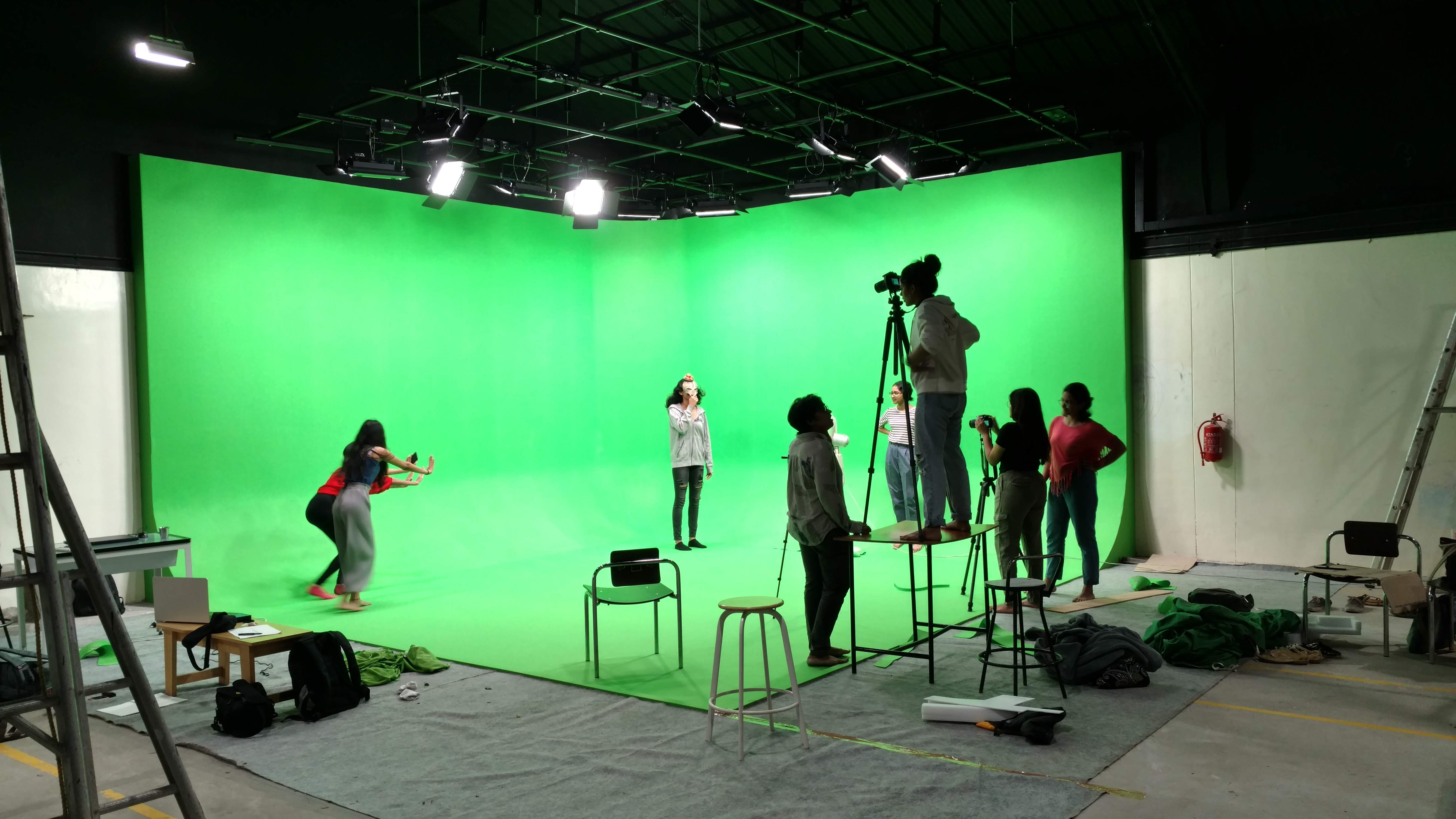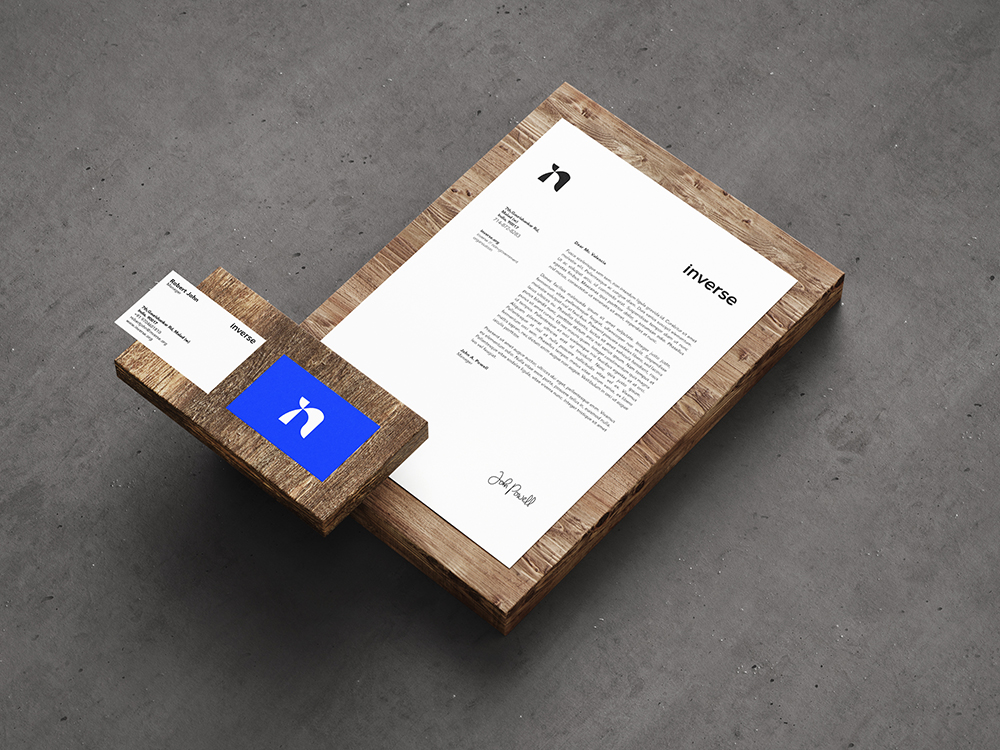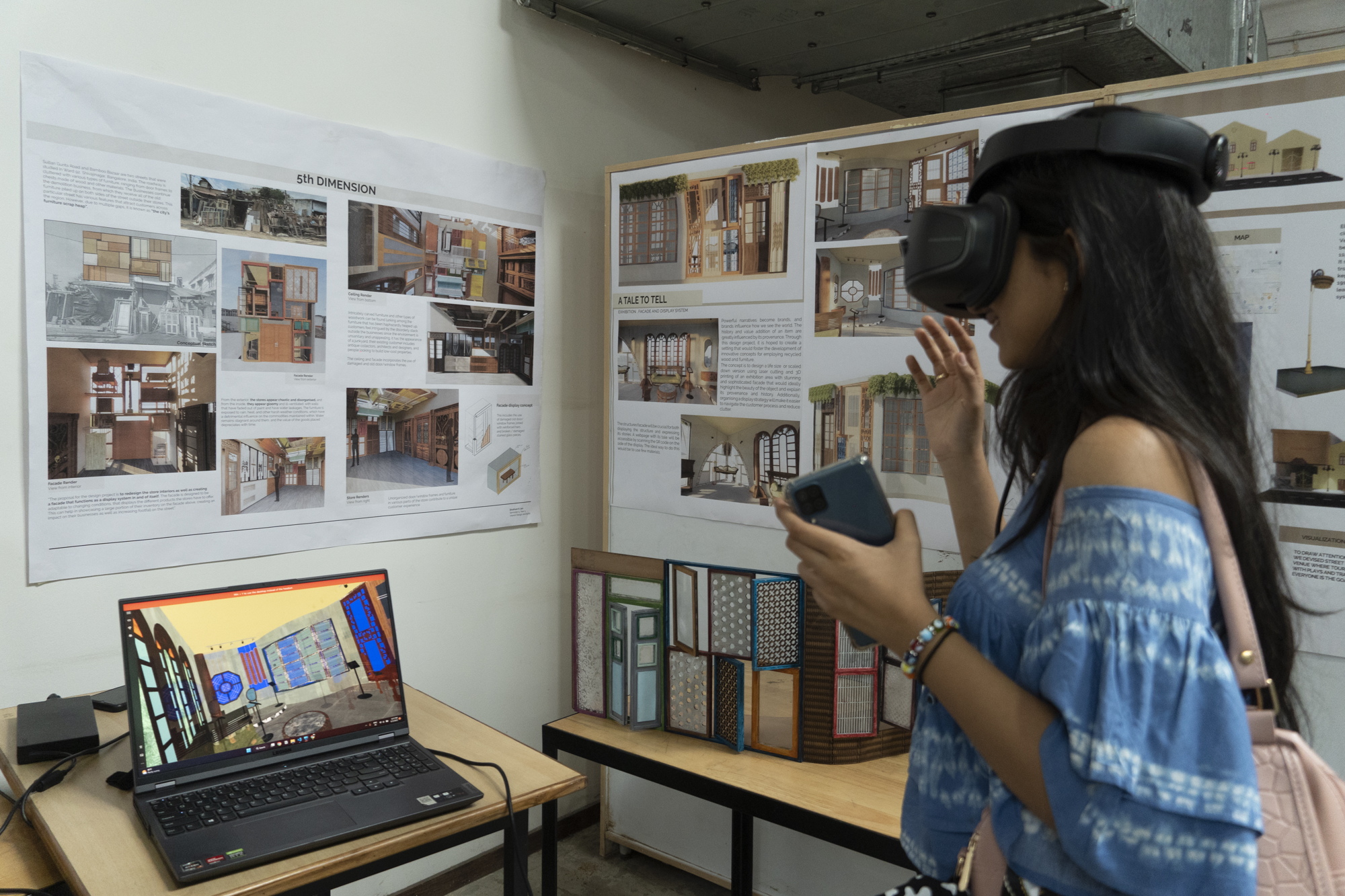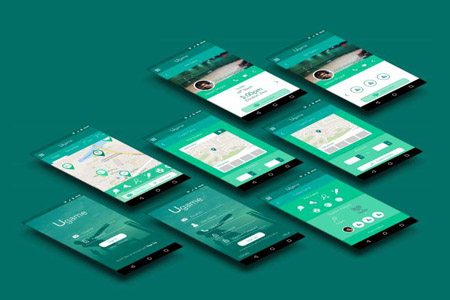Practical Skill Development: Emphasis on hands-on training and practical skills development relevant to the chosen field of study through studios, workshops, internships, and industry collaborations.
Industry-Relevant Curriculum: Tailored curriculum designed in collaboration with industry experts to meet the current and future needs of the job market. Integration of the latest technologies, tools, and industry practices to ensure graduates are well-prepared for their chosen professions.
Experiential Learning: Learning experiences go beyond traditional classroom lectures to include practical projects, case studies, and real-world simulations using exposure to industry environments and scenarios to bridge the gap between theory and application.
Competitive Fee Structure: Fee structure comparable to traditional programs like BSc, B.Com, and BA with leading universities. Industry ready design professional in a shorter duration, allowing students to enter the workforce earlier with an immense scope for higher education.
Flexibility and Specialization: Flexible program structure allowing students to choose specialized tracks or concentrations within the vocational program. Tailored coursework that enables students to focus on specific skills, making them more competitive in the job market.


